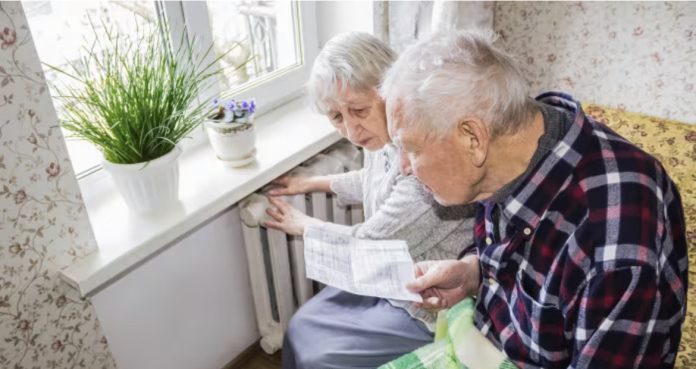New analysis of Department for Work and Pensions’ statistics on low-income pensioner households has revealed that the large majority of poorer pensioners will lose help when support is restricted to those on Pension Credit.
Whilst the Government does not have an official poverty line, the main benchmark used, both in the UK and internationally, is having a household income below 60% of the national average (median).
This figure is published annually by DWP and in the latest figures DWP estimated that in 2022/23 there were 1.9 million people over pension age living below this income level.
New analysis by pension consultants LCP has found that only 0.3 million of these people are receiving Pension Credit, and will retain their Winter Fuel Payments. The remaining 1.6 million, who are below what is commonly regarded as the poverty line, do not receive Pension Credit and so will lose out. In short, the large majority of pensioners below the poverty line are set to lose their Winter Fuel Payments.
The two main reasons why people can be living below the poverty line but not getting Pension Credit are that they would be entitled to Pension Credit if they claimed it but do not do so.
DWP’s central estimate is that around 800,000 pensioners are in this position; by definition, these people are living below the minimum income level, which the Government thinks people need to live on.
Although they would have (just) enough to cover basic costs such as food and fuel bills, they also have housing costs such as mortgage interest or rent, which are not fully covered by the benefits system; these costs also have to be met from their core income, taking them below the poverty line.
Commenting on the results, LCP Partner and former pensions minister Steve Webb said:
“There is a range of ways in which the Government could target spending on Winter Fuel Payments, but our analysis shows that limiting payments only to those on pension credit will leave the vast majority of pensioners below the poverty line losing out. As an alternative, Winter Fuel Payments could be targeted at those in lower-value properties, which would protect most poorer pensioners but would dramatically reduce the savings for the Chancellor. Taxing Winter Fuel Payments would raise far less than the Government’s plans and could be administratively complex. It is ultimately a matter for politicians to decide on the balance between raising revenue and protecting the vulnerable, but it is clear that continuing payments only to those on pension credit will mean large numbers of already low-income pensioners losing out.”







